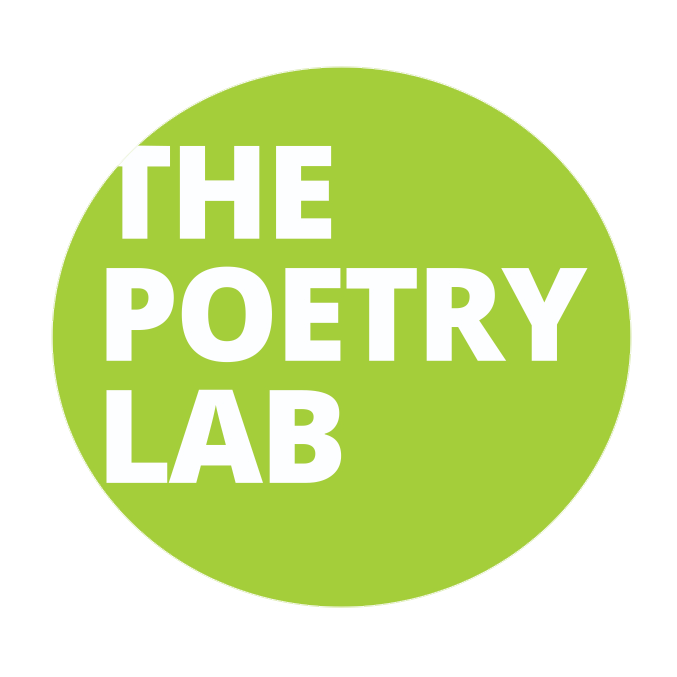Giving Yourself Permission to "Lie" in Your Poetry
As poets, we often use poetry to process or bear witness to the multitudes of human experiences. I am no stranger to autobiographical poetry – the subtitle of my forthcoming book, Survived By is "A Memoir in Verse + Other Poems" – and even with "autobiographical" poems, there is room for some "lies." To determine where you stand on lying within your poems, here are some questions to ask yourself:
1) Is the purpose of the poem accuracy or effect?
Is your goal to convey events exactly as they took place? Or is it to evoke a feeling in the reader? In one of the many writing pages I follow, I saw a meme that said something like "If you want to read writing that makes sense, read a scientific paper, not a poem." (I've attempted to track down where I saw this, but since I, like many zillennials, spend hours scrolling on multiple pages, I have no idea where or when I saw this post.)
I will expand on the sentiment of this meme floating somewhere in the ether: If you want to read writing that reflects events exactly as they happened, read a captain's log, not a poem.
Here's an example from my real life writing. My poem, "Halfway," (originally published in Turbulence & Coffee) reflects my memories of living in hospice with my ailing father and a dream I had of him months after he passed.
In my actual dream, I flew to the moon in a rocketship, not a hot-air balloon. I also didn't ask my father to send me signs from the other side every night. Only once. My asking actually made him uncomfortable, creating an awkward moment. I wish I had never asked. Do those details make my poem, then, a lie? Maybe yes, maybe no. In any case, I enjoy the effect the poem has in its current form, and choose effect over accuracy.
Poetic license is a thing. Use it! Did something not happen that you wish did? Write about it as if it did. Was your break up with your ex totally amicable? Write about as it were the worst split you've ever had. Even memoirists change descriptions of characters to maintain privacy or compound the characteristics of many individuals together into one fictional character. This is totally normal. Poets can do it too. Which brings me to the concept of characters and characterization.
2) Is your poem a persona poem?
Patricia Smith's "Skinhead," (originally published by AGNI) is a classic example of a "persona poem," or a poem written from the perspective other than the poet's.
I’m your baby, America, your boy,
drunk on my own spit, I am goddamned fuckin’ beautiful.And I was born
and raised
right here.
We know this isn't Patricia Smith reflecting on her own life experience. It's a narrative, a story. She takes on the persona of a white supremacist man and imagines this character as he describes the foundations of his self-entitlement, defense mechanisms that lead to radicalized philosophies, and his quest for a "pure country."
Another prime example of a persona poem done right is "Wetback" by Carlos Ornelas (originally published in These Pages Speak, World Stage Press).
I'm the wetback, my water soaked shoes left a wet track
I got deported twice, but that was just a minor setback
Cause I'm strong like the current of the Colorado River
The tone of my courage made the border patrol shiver
Carlos Ornelas did not experience immigration in this way. He recounted during his time as a guest speaker with Community Literature Initiative that people are sometimes disappointed to learn that he did not come to the States by crossing the ocean or other waterway. They feel like he "lied" in his poem while using "I" as the perspective. This poem sheds light on and bears witness to the experiences of his family, friends, and fellow community members who did travel across water in order to immigrate into the States, and he honors them with this homage.
3) Will your lie perpetuate the oppression of a community of people?
Persona poems or "lies" in poetry can be tricky to navigate if they will potentially harm another individual or community. Patricia Smith's persona poem works as a "lie" because she, a Black woman, belongs to a demographic historically and currently oppressed by racism.
Persona poems in which the speaker from a dominant demographic writes from the point of view of a minority demographic might cross the boundary into cultural appropriation and/or perpetuating systemic oppression. Instead of amplifying or spotlighting the story or perspective of another, the impact may be one of saviorism, mockery, or create a false representation. Even if you are a poet wanting to shed light on the plight of an oppressed group, persona poems might not be the best avenue to accomplish this.
***
Outside of further exacerbating oppressive systems, give lying a try! Give yourself permission to write outside of what factually took place and enter into "a world of pure imagination." When we release the constraints of accuracy, we often find we are free to create an even greater emotional impact.
This article was posted on March 28, 2023. Written by:








